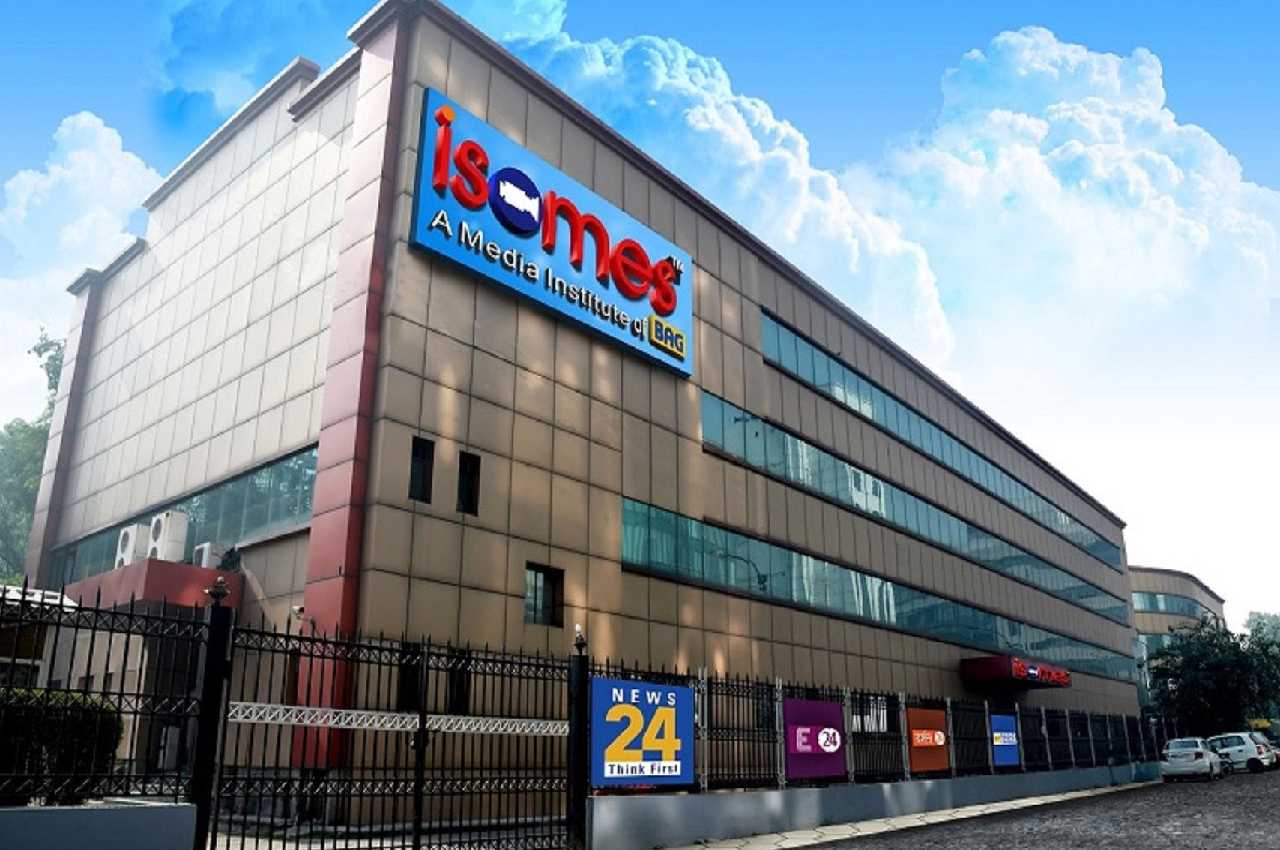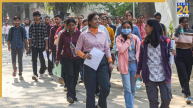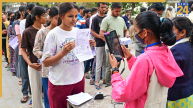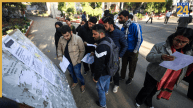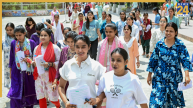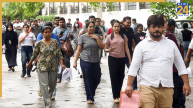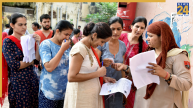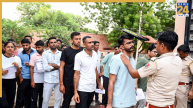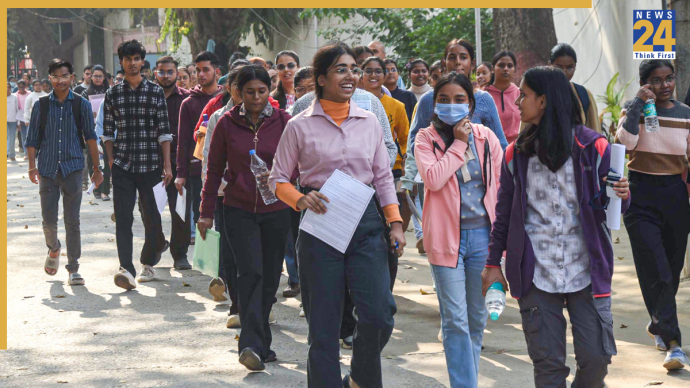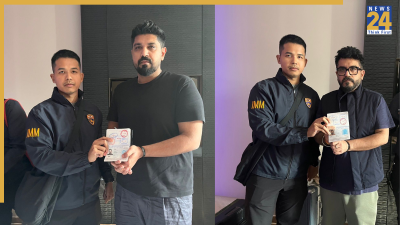ISOMES, Noida: The International School of Media and Entertainment Studies (ISOMES) can play a significant role in developing effective communication skills in students. Effective communication skills are crucial for students in today’s digital age as it helps them to express their ideas and thoughts clearly and effectively, which is essential for success in the workplace and other aspects of life.
Digital literacy and technological skills are also critical in today’s world, where technology is ubiquitous, and digital communication is prevalent. The International School of Media and Entertainment Studies can help students develop these skills through various courses and programs that focus on digital media, technology, and communication.
In today’s world, digital literacy and technology skills are essential for students as they prepare to enter the workforce. The ability to use technology effectively is becoming increasingly important, and employers are looking for individuals who have these skills. The International School of Media and Entertainment Studies can help students develop these skills by providing them with hands-on training and exposure to various digital media tools and technologies.
Effective communication skills are also essential for students as they prepare to enter the workforce. Communication skills are critical for success in any job, and the ability to communicate effectively in a digital context is becoming increasingly important. The International School of Media and Entertainment Studies can help students develop these skills through various courses and programs that focus on communication, including public speaking, writing, and interpersonal communication.
Here are some technical skill development points that students can focus on in the field of mass communication at the International School of Media and Entertainment Studies (ISOMES)
TV & Video production: Students should learn video production skills such as shooting, editing, and post-production. They should also focus on learning video editing software such as Adobe Premiere, Final Cut Pro, and others.
Audio & Radio production: Students should learn audio production skills such as recording, editing, and mixing. They should also focus on learning audio editing software such as Audacity, Adobe Audition, Sound Forge and others.
Social media management: Students should focus on developing skills in social media management, including content creation, community management, and social media analytics. They should also learn social media management tools such as Hoot Suite, Sprout Social, and others.
Writing and journalism: Students should focus on developing strong writing skills, including news writing, feature writing, screenplay and opinion writing. They should also focus on developing skills in journalism, including researching, interviewing, and fact-checking, talk shows, walkthroughs and news packages.
Photography: Students should learn photography skills such as composition, lighting, and post-production. They should also focus on learning photo editing software such as Adobe Photoshop and Lightroom.
These skills are in high demand in the industry and can help students stand out in the job market.
In ISOMES Here are some ways students learn in a newsroom environment:
Observation: Students can learn a lot from watching experienced journalists at work. They can observe how stories are researched, reported, and edited, and gain insight into the workflow and processes of a newsroom.
Practice: Students can gain hands-on experience by working on assignments, writing articles, and contributing to the production of news content. They can receive feedback on their work, identify areas for improvement, and develop their skills over time.
Mentorship: Students can benefit from having mentors who can provide guidance, support, and feedback throughout their learning process. Mentors can help students develop their writing, reporting, and interviewing skills, and provide insights into the industry and career paths.
Workshops and training sessions: Newsrooms may offer workshops and training sessions on topics such as journalism ethics, fact-checking, multimedia storytelling, and social media reporting. These sessions can help students develop their skills and stay up-to-date with industry trends and best practices.
Collaboration: Students can learn from their peers by collaborating on projects, sharing ideas, and receiving feedback on their work. Working in a collaborative environment can also help students develop their communication and teamwork skills.
Students in a newsroom environment would have the opportunity to learn from experienced future journalists, gain hands-on experience, receive feedback and mentorship, and participate in training and collaboration opportunities.
In summary, the International School of Media and Entertainment Studies ( www.isomes.com ) can play a significant role in developing both effective communication skills and digital literacy and technology skills in students. These skills are critical for success in the workforce and other aspects of life, and the International School of Media and Entertainment Studies can provide students with the tools and training they need to succeed in today’s digital age.
Dr Aarfa Rajput
Associate Professor
International School of Media & Entertainment Studies Film City Noida
Affiliated to Chaudhary Charan Singh University, Meerut

